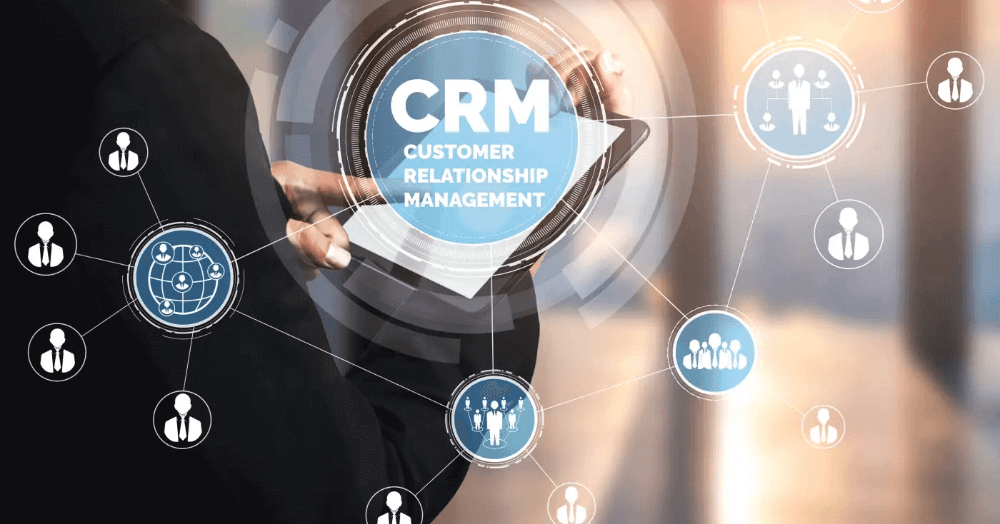Today’s businesses operate in a data-driven environment. The ability to accurately collect, analyze, and utilize data is becoming increasingly critical. Among the most valuable data sources is the Customer Relationship Management (CRM) system, a tool that companies of all sizes are utilizing to enhance customer experience. This article will discuss how businesses can leverage CRM data entry to improve customer satisfaction and, ultimately, their bottom line.
CRM data entry refers to the process of collecting and inputting customer information into a CRM system. This data can include contact details, purchasing history, preferences, feedback, and any other customer-related details. The more detailed and accurate this data is, the more effective it will be in driving strategic decisions and building strong customer relationships.
Enhancing Customer Experience through Personalization
One of the primary benefits of CRM data entry is the ability to personalize the customer experience. By knowing more about each customer, businesses can tailor their products, services, and communications to meet individual needs and preferences. For example, a company might use purchasing history data to recommend products that a customer is likely to be interested in. Personalized emails or notifications can also be sent based on a customer’s previous interactions with the company, enhancing their overall experience.
Enhancing Predictive Analysis
Besides improving customer experience, CRM data entry services can also play a pivotal role in predictive analysis. With a wealth of customer data at their disposal, businesses can predict future trends, customer behavior, and potential sales opportunities. This can help them be proactive in their approach, allowing them to prepare for the future and stay ahead of the competition.
Improving Customer Service
CRM data entry can also significantly improve customer service. When a customer contacts a company, the customer service representative can quickly access their CRM record to see their contact history, past purchases, and any previous issues or complaints. This information allows the representative to provide more informed, efficient, and personalized service, leading to increased customer satisfaction.
Gaining Customer Insights
By analyzing the data collected in the CRM, businesses can gain valuable insights into customer behavior and trends. This information can be used to improve products and services, identify potential issues before they become significant problems, and discover opportunities for growth. For example, if data shows that customers often abandon their shopping carts before completing a purchase, the company could investigate and address the reasons for this behavior.
Streamlining Marketing Efforts
Businesses can outsource data entry services to streamline their marketing efforts and increase their return on investment. By segmenting customers based on the data in the CRM, businesses can target their marketing campaigns more effectively. For example, a business might target a promotional email campaign to customers who have previously purchased a specific product or expressed interest in a particular service. This targeted approach can lead to higher conversion rates and more effective marketing.
Driving Business Growth
Finally, leveraging CRM data entry can drive business growth. By understanding customers better, businesses can develop and offer products and services that meet their needs more effectively. Additionally, by improving customer satisfaction, businesses can increase customer loyalty and retention, leading to more repeat business and positive word-of-mouth referrals.
Ensuring Data Privacy and Security
While CRM data entry offers numerous benefits, it’s also crucial to consider data privacy and security. Businesses should ensure they comply with all relevant data protection regulations when handling customer data. They should also take steps to secure their CRM systems from potential data breaches, which could not only result in significant financial loss but also damage their reputation and customer trust.
The Conclusion
In conclusion, CRM data entry is a powerful tool for enhancing customer experience and driving business growth. However, to fully harness its potential, businesses need to ensure the accuracy and consistency of their data, use it responsibly, and rigorously safeguard it against potential security threats.
